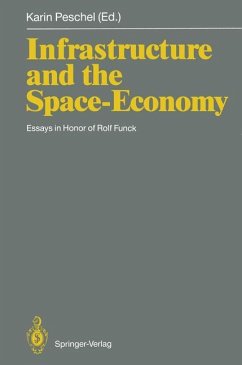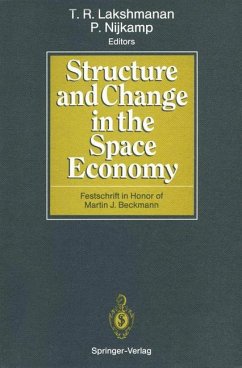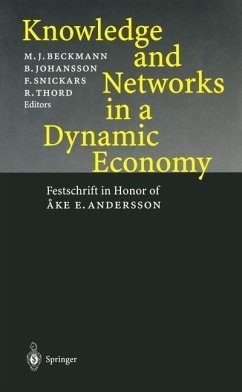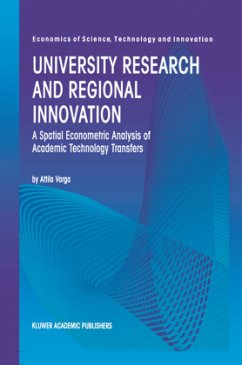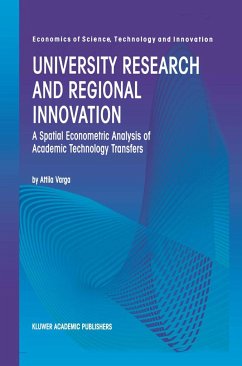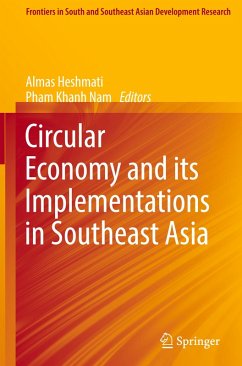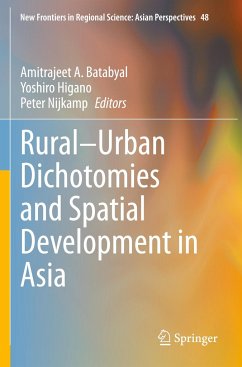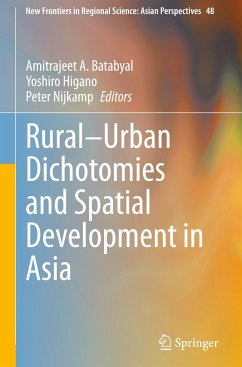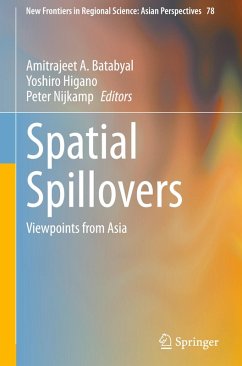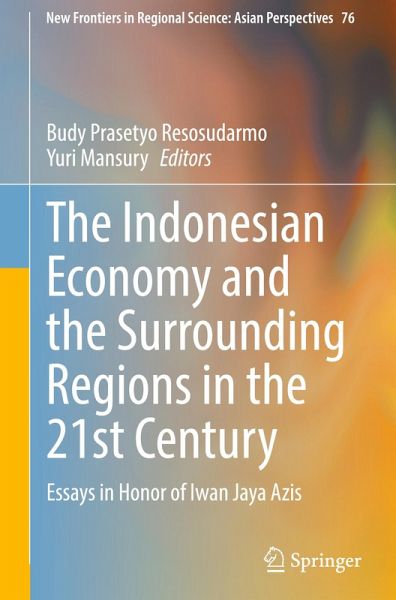
The Indonesian Economy and the Surrounding Regions in the 21st Century
Essays in Honor of Iwan Jaya Azis
Herausgegeben: Resosudarmo, Budy Prasetyo; Mansury, Yuri

PAYBACK Punkte
76 °P sammeln!
This book broadens the reader's knowledge of several important issues having to do with the economy of Indonesia and its surrounding regions, to which Professor Iwan Jaya Azis has made significant contributions in the last 40 years. The book is divided into three parts, the first of which contains several chapters describing fundamental methods in regional economics, development economics, macroeconomics, and finance. These methods are crucial in understanding the political economy of Indonesia and the neighboring regions. Among the techniques discussed are social accounting matrix (SAM) analy...
This book broadens the reader's knowledge of several important issues having to do with the economy of Indonesia and its surrounding regions, to which Professor Iwan Jaya Azis has made significant contributions in the last 40 years. The book is divided into three parts, the first of which contains several chapters describing fundamental methods in regional economics, development economics, macroeconomics, and finance. These methods are crucial in understanding the political economy of Indonesia and the neighboring regions. Among the techniques discussed are social accounting matrix (SAM) analysis, computable general equilibrium (CGE) modeling, and agent-based modeling (ABM) approaches. The second part is on several important issues related to the Indonesian economy. The topics covered are urbanization, resource booms, manufacturing, and micro and small enterprises. The book's third part deals with the economies of several countries in the neighboring Southeast Asian region, including the Philippines, Vietnam, and Thailand.






